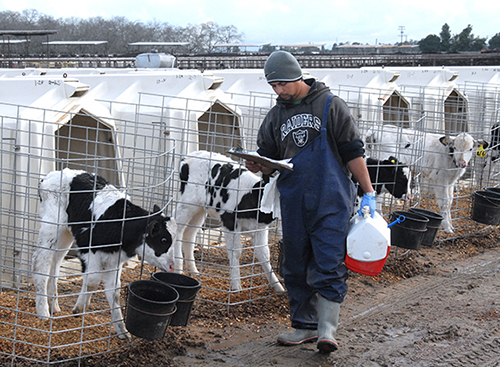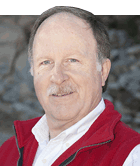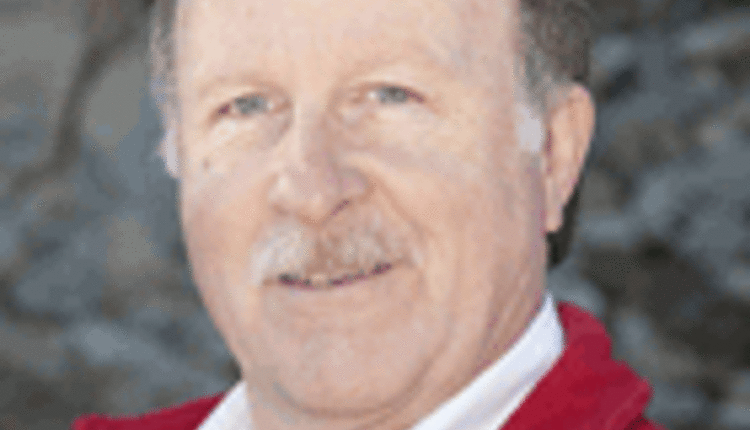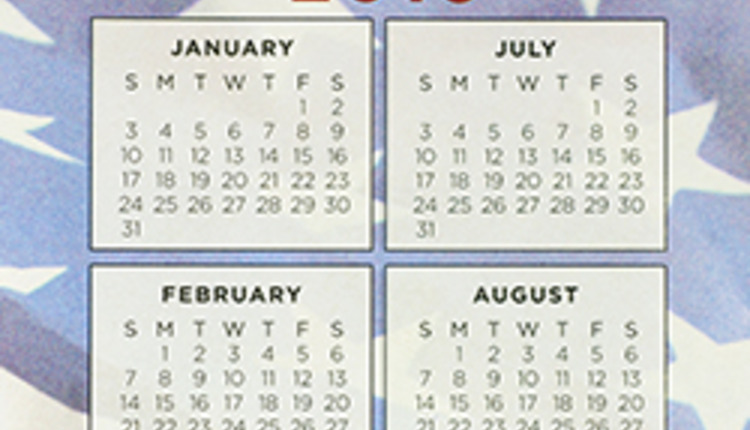
Welcome to November; it's officially "that time of year" again.
Even if snow isn't a normal part of winters where you dairy, colder temperatures are - and they're a loud warning bell that the deadline has arrived to boost feeding quantity and/or quality for calves.
Less fat and total body mass mean younger animals in general are less able to deal with cold, wet and windy conditions than adult cows. Compared to mild months, all animals need more calories as temperatures fall in order to stay warm and fight off stress and sickness. To keep growing and thriving takes a lot more.
Because they are often at the bottom of the feeding ladder on dairies, calves are at greatest risk all of the time. When weather gets nasty, more feed and calories can literally be a matter of life or death for them.
Cold stress affects young animals sooner than producers may think, warns Ed Denton, a calf and heifer specialist with Purina Animal Nutrition. He says growth and performance in calves under 21 days of age begins to suffer at ambient temperatures around 60°F, while older calves start to lag at around 40°F.
But that's when conditions are dry and calm. If it's also wet or windy then stress starts much sooner. In bad conditions it is not unusual for calves' energy needs to be 100 percent higher than in summer.
The biggest weapon producers have to keep young animals alive and thriving in winter is to feed more energy. This can be done through more feed volume or more energy-dense feed.
Other suggestions Denton offers are to make sure calves are in a draft-free environment; have dry and deep bedding; are fed three times a day if possible; have plenty of fresh, warm water; and are given calf jackets if practical.

The author has served large Western dairy readers for the past 36 years and manages Hoard's WEST, a publication written specifically for Western herds. He is a graduate of Cal Poly-San Luis Obispo, majored in journalism and is known as a Western dairying specialist.







